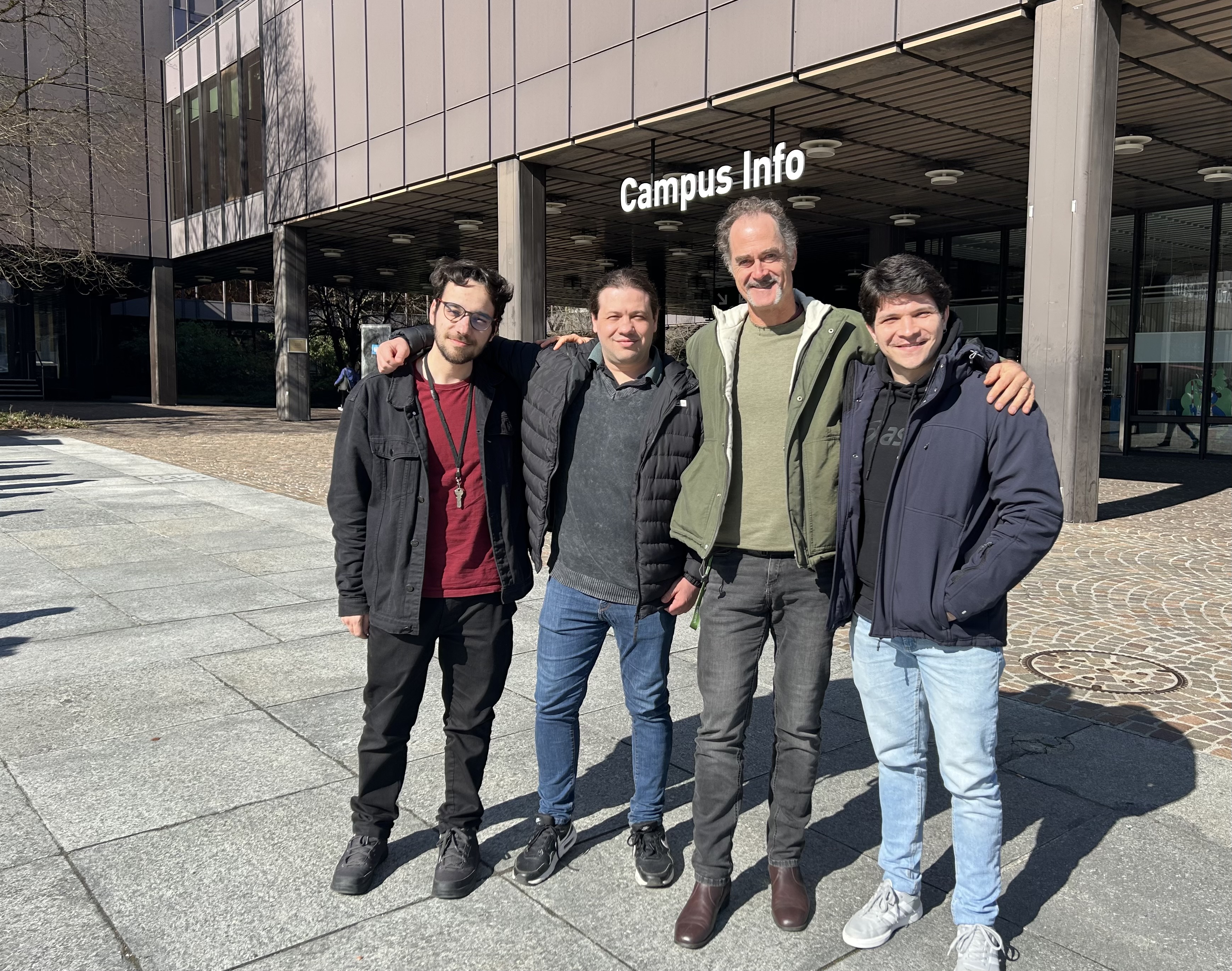Researchers from University of São Paulo are visiting the Chair RSUQ
Exploring Surrogate Modeling Techniques for Performance-Based Engineering.

Performance-Based Engineering is a modern approach to address stochastic loads like earthquakes and winds in Structural Engineering. It allows for rational decisions balancing the needs for structural safety and for reducing use of building materials. Yet, it is also computationally demanding: use of Surrogate Modelling Techniques can significantly alleviate the computational burden.
The Brazilian team of researchers came to ETH to study and develop Surrogate Modelling Techniques suited for Performance-Based Engineering. Dr. Henrique Kroetz from Federal University of Paraná is employing Stochastic Emulators to derive non-parametric fragility curves for structures subject to stochastic wind loads. M. Eng. Felipe Macedo is investigating multi-fidelity generalized lambda stochastic emulators to obtain fragility curves for transmission lines subject to tornado loads. M. Eng. Luis Gustavo Costa is exploring surrogate modelling techniques to address the dynamic response of high-rise buildings subject to synoptic and non-synoptic wind profiles. The projects are supervised by Prof. André T. Beck from the Department of Structural Engineering, University of São Paulo. Funding is provided by brazilian CNPq (Conselho Nacional de Desenvolvimento Científico e Tecnológico).